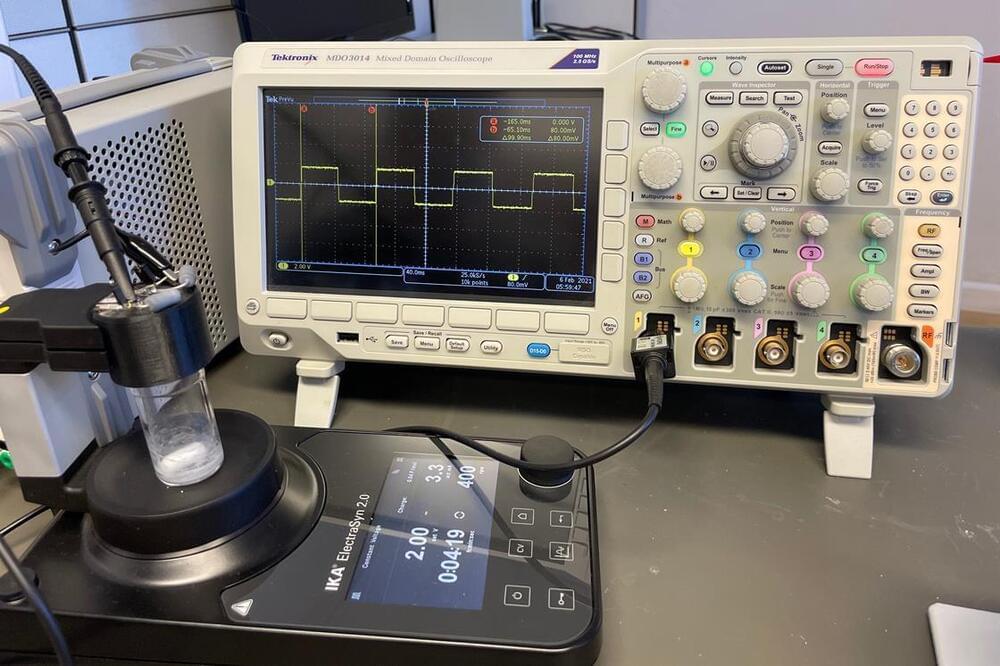Nearly 200 years since its discovery, industry rarely uses the carbon–carbon bond-forming Kolbe reaction – but now US researchers have shown it can sustainably make valuable substances.
Phil Baran’s team at Scripps Research Institute in La Jolla has done away with high voltages and platinum electrodes best established in the Kolbe reaction. In doing so, the researchers have made it much more versatile. ‘The most important feature is the ability to take waste or similarly priced products convert them into extremely high value materials,’ Baran tells Chemistry World.









Comments are closed.